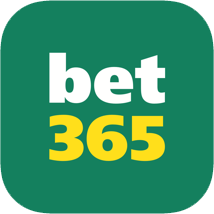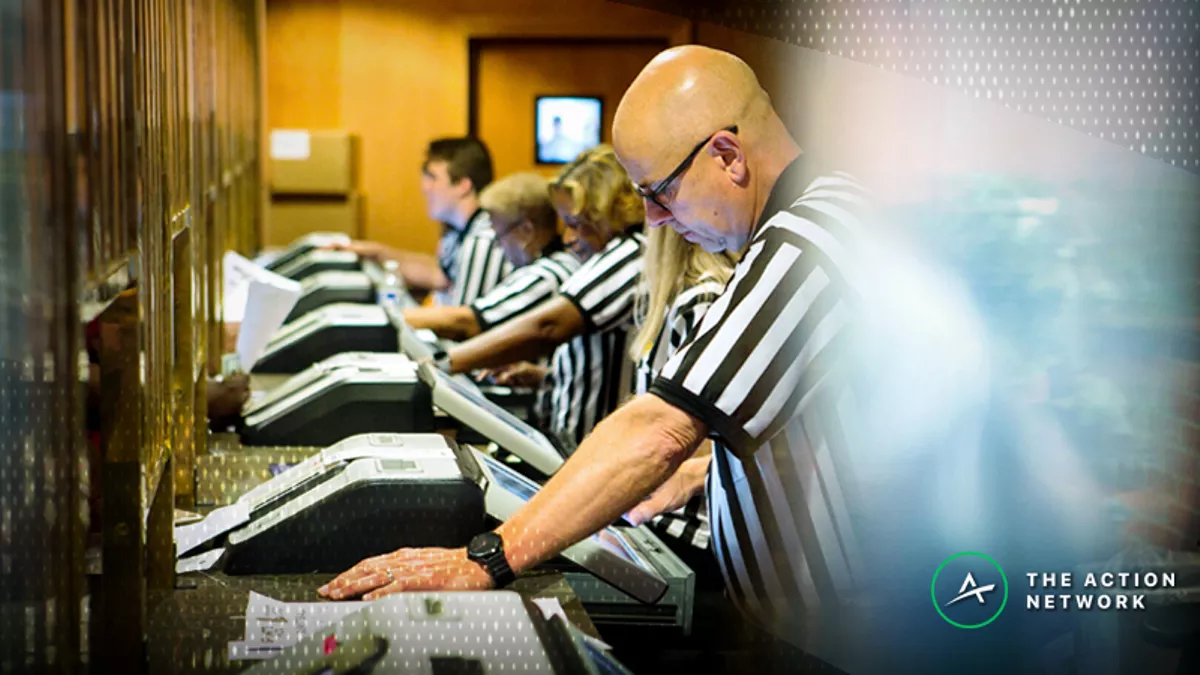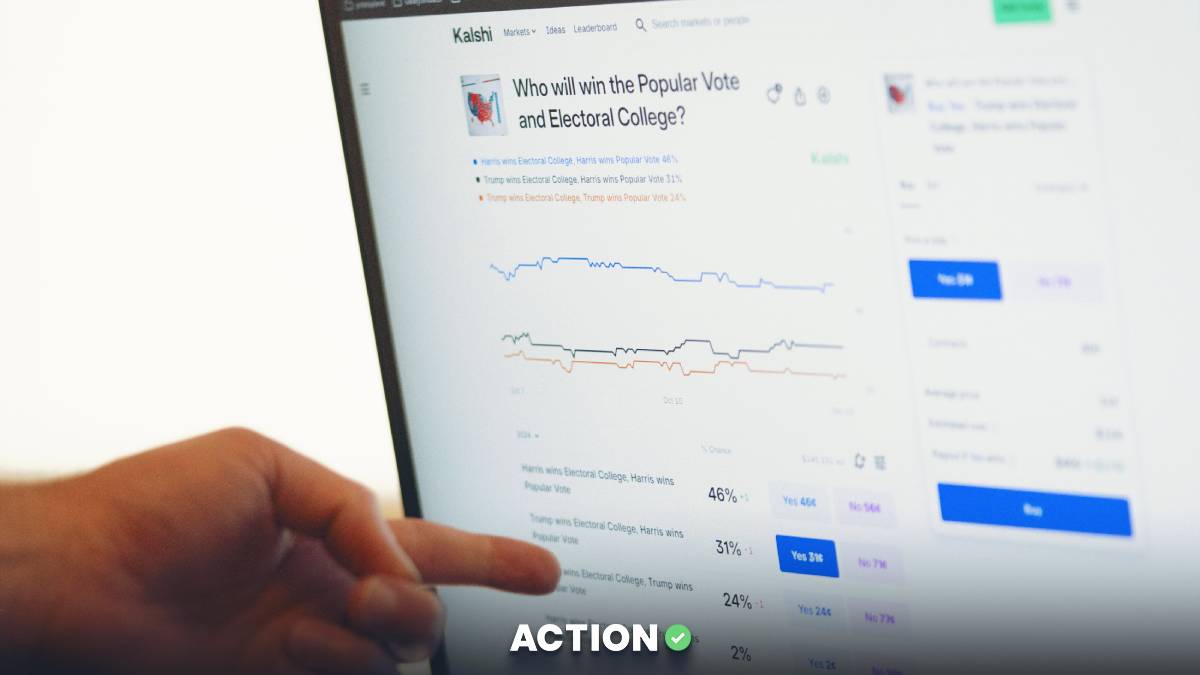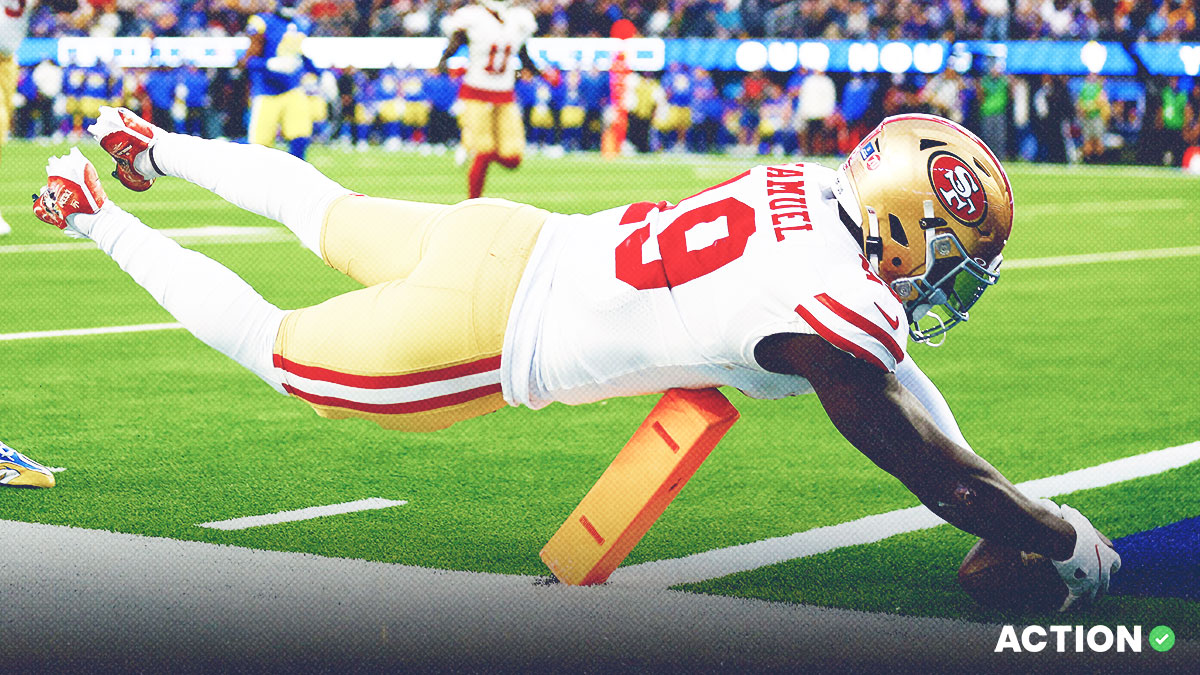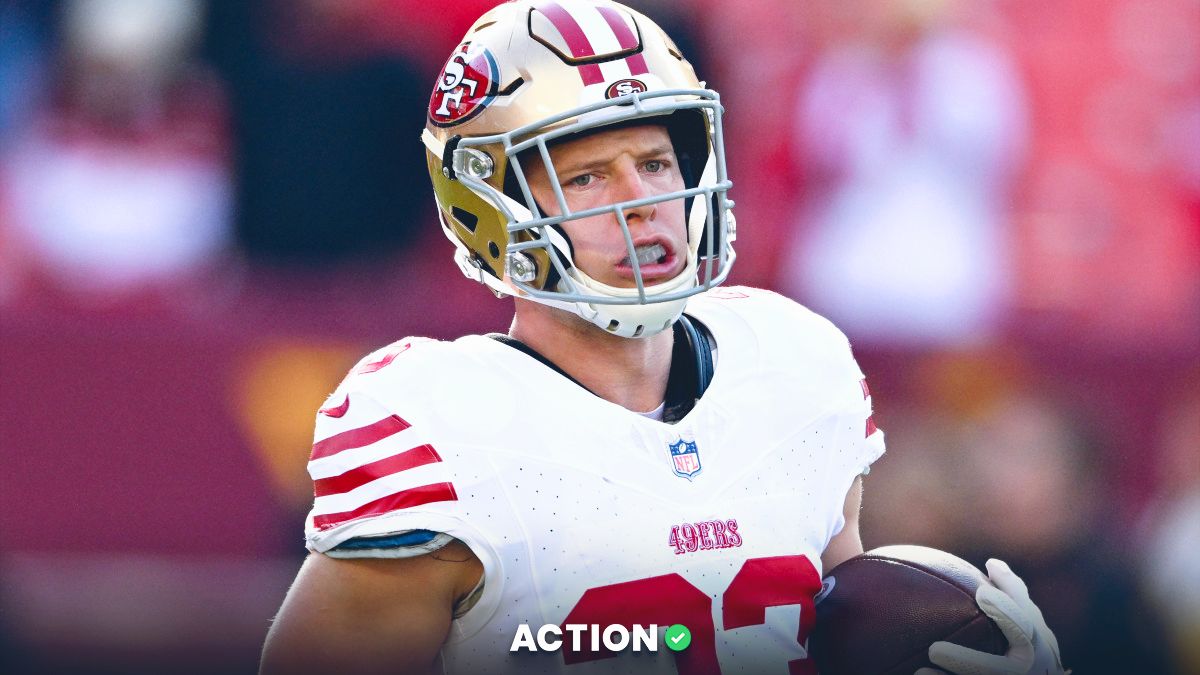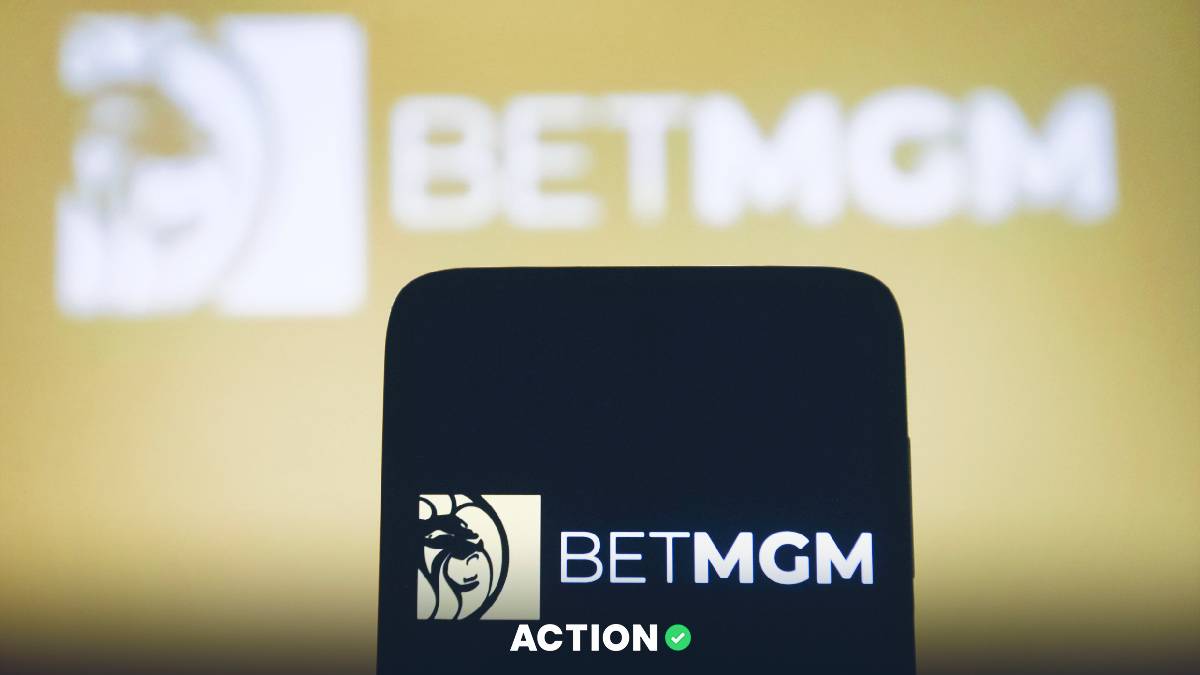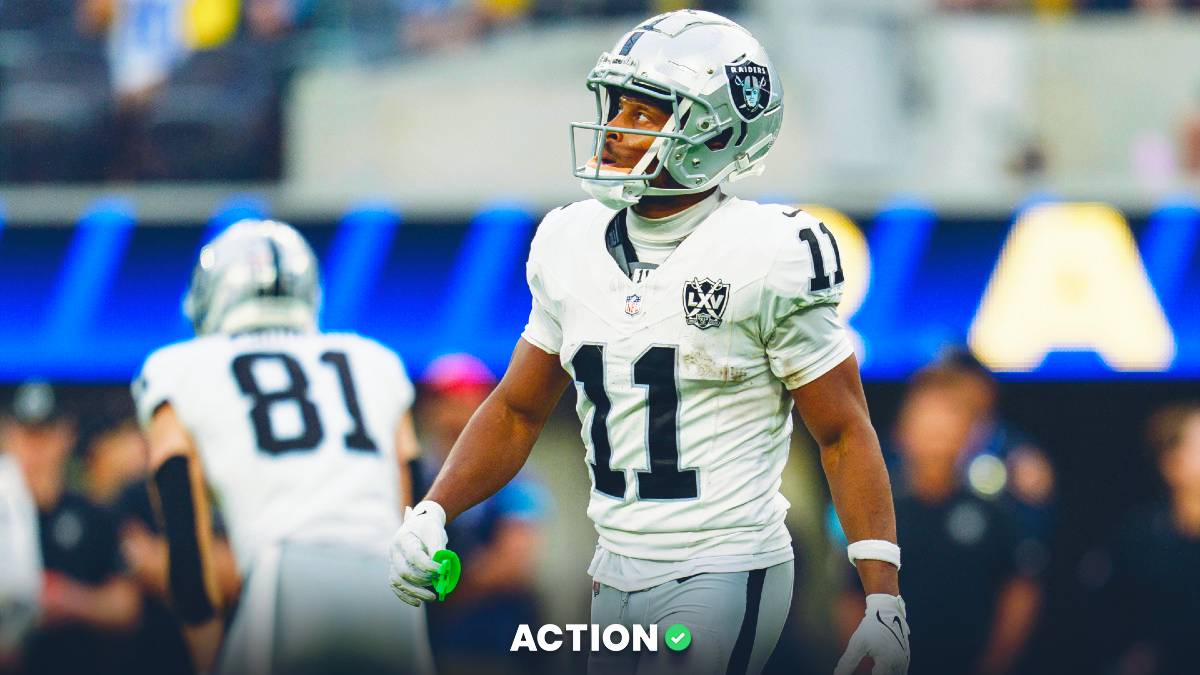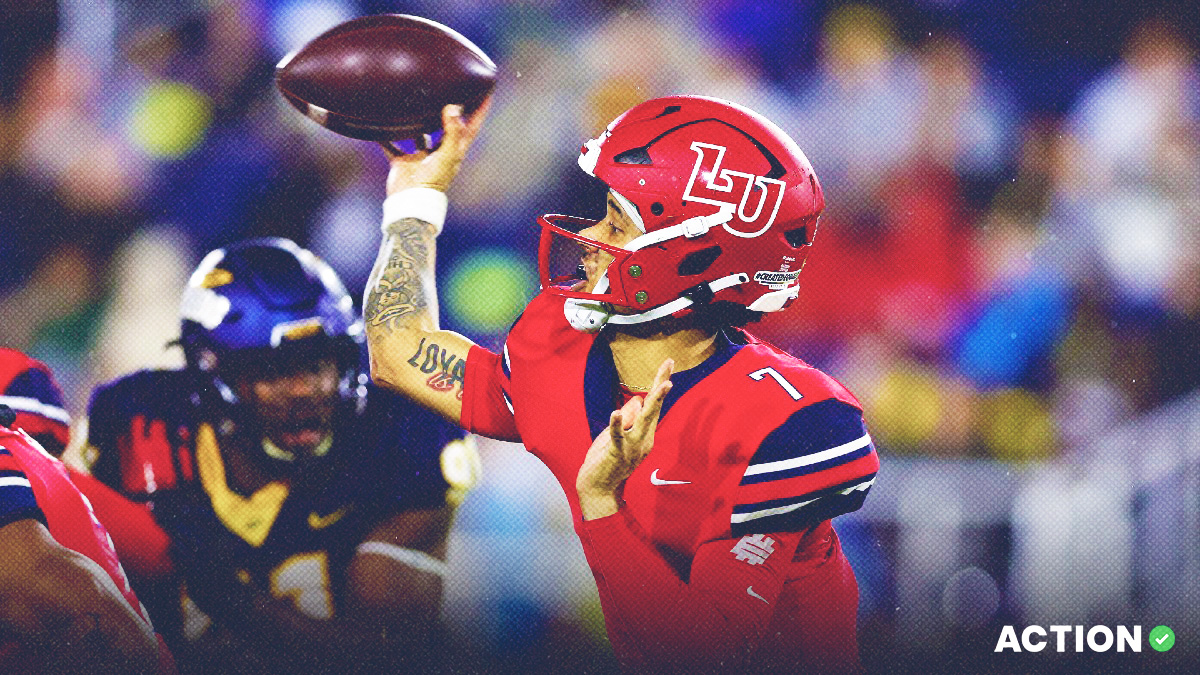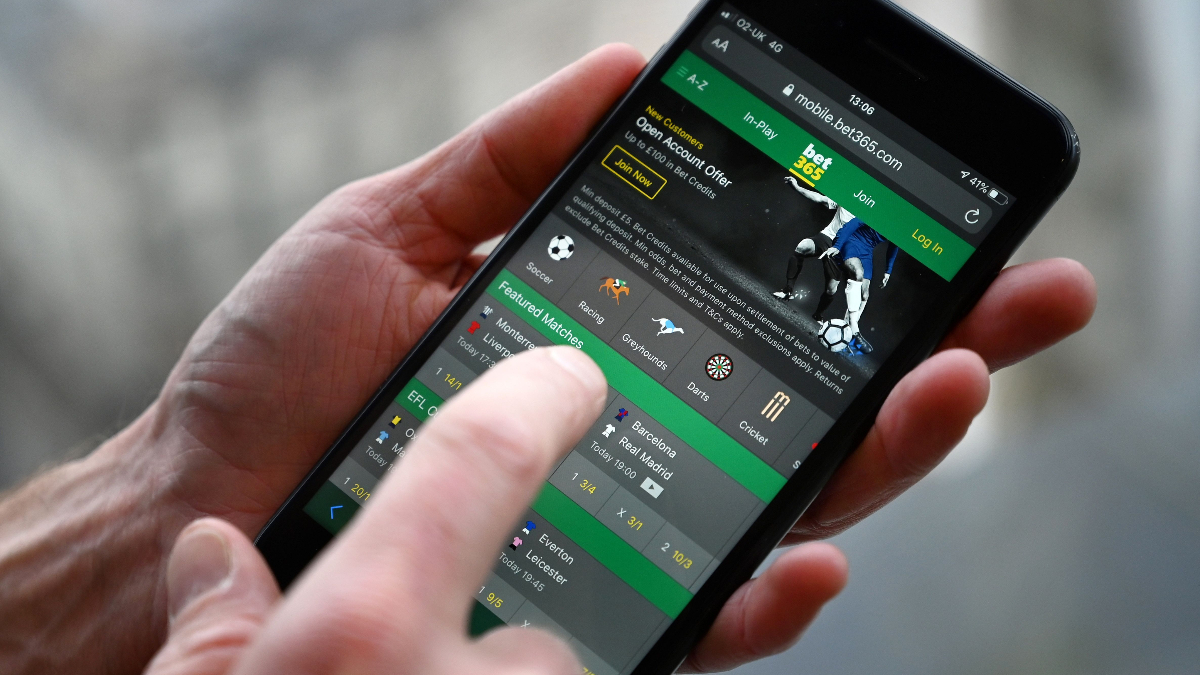Best New Jersey Sports Betting Sites: Offers & Promo Codes [Updated January 2020]
Any sports bettors who bad-mouthed New Jersey for any reason in the past may want to apologize.
After New Jersey fought the NFL, NBA, NHL, MLB and NCAA for a decade, the Supreme Court in May of 2018 ruled that the Professional and Amateur Sports Protection Act (PASPA) was unconstitutional, and that N.J. and every other state could legalize sports betting at its discretion.
New Jersey quickly legalized and is the most advanced state in its online sports betting offerings as of December 2019, which has put it far ahead of the other states with legalized sports betting and on-location wagering only.
More than 80% of sports bets placed in New Jersey are online.
In this guide, we'll walk you through every step of online sports betting in New Jersey — starting with what sites to bet online at and how to deposit, to the state's rules, to betting terminology and more.
New Jersey Online Sports Betting Guide [December 2019]
Click the links to jump to each section.
- NJ Online Betting Sites & Apps to Use
- What Rules Should I Know?
- Frequently Asked Questions
- Where to Bet in Person
- How to Bet on Sports + Glossary
- Timeline of NJ Legalized Sports Betting
- Where Else Is Sports Betting Legal?
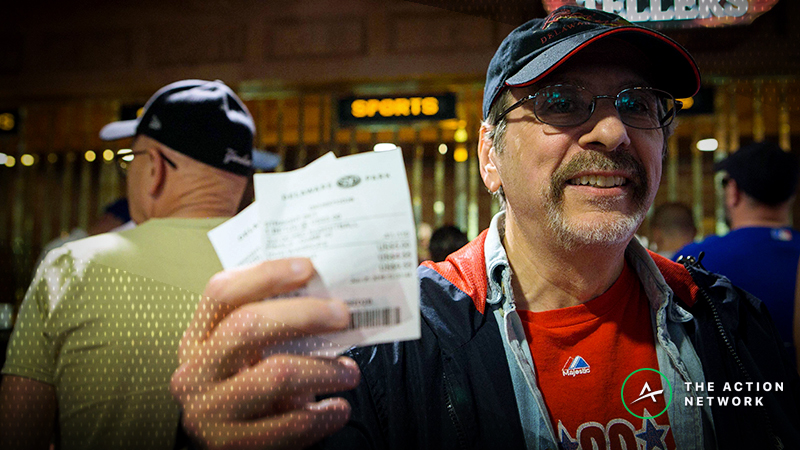
12 New Jersey Online Sports Betting Sites, 2019:
Here are 13 sites offering legal online sports betting in New Jersey in 2019:
- PointsBet
- DraftKings
- FanDuel
- SugarHouse
- William Hill
- bet365
- BetStars
- Golden Nugget
- Caesars
- Resorts
- 888 Sportsbook
- BetAmerica
- MGM
Click here to return to the top.
How to Deposit Money
Depositing money is straightforward now that we're living in a world with legal sports betting — credit cards are accepted by all major providers. For New Jersey residents, gone are the days of Bitcoin transfers or MoneyGrams to Argentina to fund offshore accounts.
Sportsbooks often offer first-time users promotional deals like a free bet or a refund on your first bet.
Click here to return to the top.
New Jersey Sports Betting Rules
There aren't many blanket rules that sports bettors must adhere to as they wager in New Jersey. Rules and limits change depending on the sportsbook and circumstance. But here are a few that apply state-wide in New Jersey.
1. No betting on college teams from New Jersey, even if it's being played elsewhere
While Rutgers is the only FBS football team in New Jersey, there are a host of Division I basketball programs with lines on their games, including Fairleigh Dickinson, Monmouth, NJIT, Princeton, Rider, Saint Peter's and Seton Hall. Both Seton Hall and FDU made the NCAA Tournament this season.
2. No betting on college events taking place in New Jersey
Any neutral-site games — NCAA Tournament, bowl games, etc. — happening in New Jersey cannot be wagered on. There aren't any NCAA Tournament regionals scheduled in New Jersey through at least 2022, and there are no bowl games there as of now (R.I.P. the Boardwalk Bowl and Garden State Bowl).
3. No betting on high school games
Seems fair.
Click here to return to the top.
New Jersey Sports Betting FAQ
You're all setup with your sportsbook and you've got some basic rules down. So what else do you need to know before thinking about which teams and games you want to bet on? Here are some of the most frequently asked questions we get from readers in New Jersey.
How old do I have to be to bet on sports in New Jersey?
The minimum age for legal sports betting is 21.
Where can I bet on sports in New Jersey?
Anywhere inside the state, really. Using any of the online sportsbooks above, players can bet anywhere using their phones or computers. You can also go to a physical sportsbook at one of the casinos or racetracks that is offering sports betting.
What if I'm from New Jersey, but outside the state currently?
Sorry, no luck. You must be inside state borders to bet online with New Jersey books. Each service uses geo-fencing technology to determine your location.
What if I'm not from New Jersey, but in the state currently?
You're in luck! You don't need to be an N.J. resident to place bets. It's all about your current location.
Will I get taxed on winning sports bets?
Yes, it is taxable income, whether you're betting legally in New Jersey or illegally offshore. If you win at least $600, the operator is supposed to notify the IRS.
But what if I lose those winnings?
Sports betting losses can actually be tax deductible if you itemize your deductions and keep detailed records of wins and losses. But the losses you deduct cannot exceed the winnings, so if you won $1,000 on one bet but lose $2,000 in another stretch, only that first $1,000 is tax deductible.
You can read more about how taxes affect gambling winnings here.
Click here to return to the top.
New Jersey Physical Sportsbook Locations
If you'd rather spend the day in a sportsbook wagering at the counter, New Jersey has plenty of options (though they're not exactly evenly distributed across the state in a geographic sense).
Many racetracks and casinos that don't operate in Las Vegas have outsourced their betting operations to existing providers, while maintaining their physical locations. While more than 90% of New Jersey's betting handle is done online, there are still plenty of reasons to spend a football Sunday at a physical sportsbook.

Resorts AC Casino Hotel (DraftKings)
Address: 1133 Boardwalk, Atlantic City, N.J., 08401
Monmouth Park (William Hill)
Address: 175 Oceanport Ave, Oceanport, N.J. 07757
Borgata Casino
Address: 1 Borgata Way, Borgata Casino, Atlantic City, N.J., 08401
Ocean Resorts Casino Hotel (William Hill)
Address: 500 Boardwalk Atlantic City, N.J., 08401
Meadowlands (FanDuel)
Address: 1 Racetrack Drive, East Rutherford, N.J., 07073
Bally's Casino (Wild Wild West)
Address: 1900 Boardwalk, Atlantic City, N.J., 08401
Harrah's Casino AC
Address: 777 Harrah’s Blvd, Atlantic City, N.J., 08401
Golden Nugget AC
Address: 600 Huron Ave, Atlantic City, N.J., 08401
Click here to return to the top.
Sports Betting Terms and Glossary
OK, finally. We're done with the sportsbook setup and deposits, we know the rules and how to file our taxes. Now it's time to decide who to bet on. Here are some five things to know if you're learning how to bet on sports. You can find a full glossary of sports betting terms here.
1. Favorites vs. Underdogs
When creating odds for a game, books first determine who is the favorite and who is the underdog based on statistics. The favorite is the stronger team expected to win the game, while the underdog is expected to lose.
The New York Knicks, who had the worst record in the NBA this season, were the favorite in just 10 of their 82 games.
2. Point Spread
The great equalizer. The point spread is a margin of victory projection assigned by oddsmakers to encourage balanced betting action on both teams. The Patriots were a -14 favorite against the Jets in New England to end the season.
If you bet on the Patriots, they need to win the game by 15 points or more for you to win your bet. If the Patriots win by 15 points or more, you “cover.” If the Patriots win by exactly 14 points, that is called a “push,” which means you get back the money you originally bet. If the Patriots win by 13 points or fewer (or lose the game all together), you lose your bet.
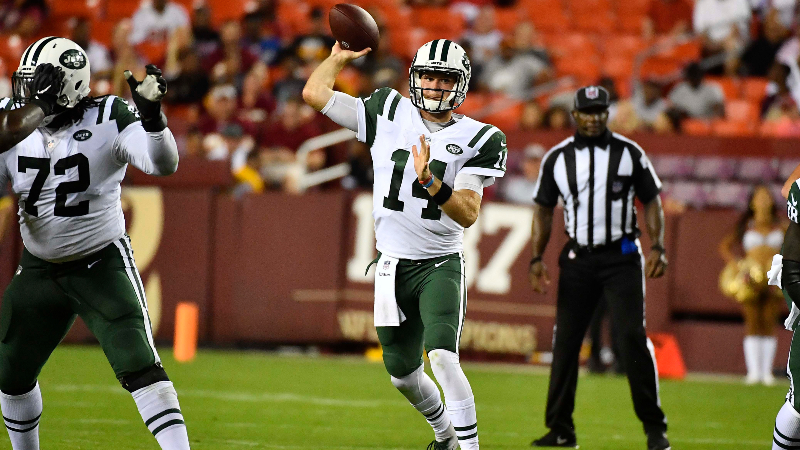
On the flip side, if you bet on the Jets “plus the points” (+14), you need the Jets to either win the game lose by 13 points or fewer for you to win your bet.
The Patriots won 38-3.
Spreads are available for all sports, but they are predominantly used when betting on football and basketball.
3. Moneyline
With a moneyline, you're only betting on who will win the game — no point spread — but it's adjusted for team strength. In that same Patriots-Jets game, New England was a -750 favorite, meaning you'd have to wager $750 to win $100, and you cash your bet if the Pats won by 1 point or 50 points and anywhere in between. The Jets were +500, so a $100 bet would win you $500 if Gang Green could somehow pull off the big upset.
4. Over/Under
Also known as a total, it's a wagering option involving the combined points scored by both teams in a game. Bettors can wager on whether the game will go over or under the total.
Totals are created and adjusted with things like pace of play, offensive and defensive efficiency and more in mind. The New York Mets will have much lower over/unders with star pitcher Jacob deGrom on the mound, because he's expected to give up fewer runs.
5. What does -110 mean?
Oddsmakers put a "tax" on every bet, which is typically called the "juice" or "vig". The juice is the commission you have to pay to the sportsbook for them to accept your wager.
Typically, each side of the point spread has -110 juice — a standard 10% on each bet. So if you want to win $100 on the Patriots -14, you need to risk $110. If they don't cover the spread, you lose $110, but if they do, you win $100.
Juice is also built into moneylines and futures odds.
Click here to return to the top.
New Jersey Legal Sports Betting Timeline
Here's how sports betting in New Jersey came to be. It's been a long road.
October 1992: Thanks to the the Senate Judiciary Subcommittee on Patents, Copyrights and Trademarks and testimony from NBA Commissioner David Stern, Congress passed a federal law called P.A.S.P.A. (Professional and Amateur Sports Protection Act).
New Jersey (and other states that operated casino gaming) were given a 1-year grace period to pass legislation that allowed sports betting, but N.J. lawmakers couldn't reach a deal and lost its opportunity.
October 2006: President George Bush signs the Unlawful Internet Gambling Enforcement Act, which says that users or operators cannot provide or accept payment on a bet or wager on the Internet that violates state or federal law. It did have a carve out for fantasy sports and games of skill.
March 2009: New Jersey State Senator Ray Lesniak leads a lawsuit to overturn P.A.S.P.A., arguing it's not fair that some states have legalized sports betting, but the suit is thrown out. The court ruled that only Governor Chris Christie could bring forth such a lawsuit.
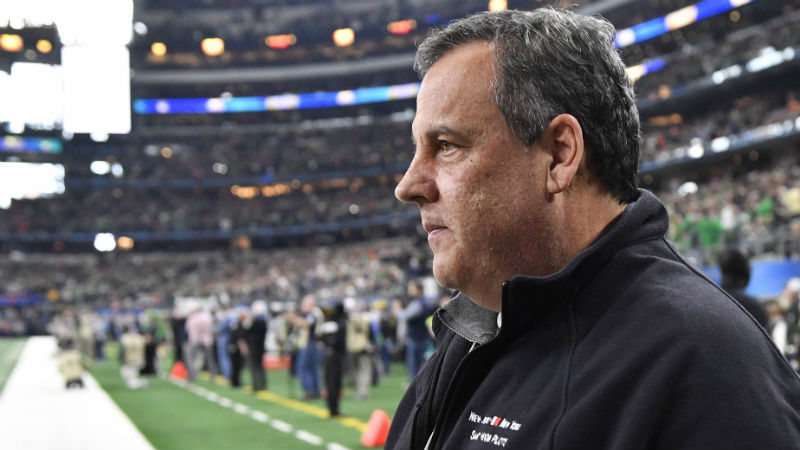
July 2009: Though different versions of fantasy sports had been around for years, daily fantasy sports provider FanDuel launches. It argued that the Unlawful Internet Gambling Enforcement Act of 2006 didn't stipulate that paid fantasy sports contests had to last for an entire season. This became a part of the legalized sports betting argument as the NFL, NBA, MLB and NHL all invested in DFS operators.
November 2011: New Jersey voters support a referendum to legalize sports betting by a 2-to-1 margin.
January 2012: Governor Chris Christie signs legislation to legalize sports betting at the state's casinos and racetracks (or at least give those operators the option). It was in direct conflict with P.A.S.P.A.
August 2012: The four major pro leagues and the NCAA sue Christie over that legislation.
June 2014: The Supreme Court declines to hear Christie vs. NCAA.
October 2014: New Jersey introduces new legislation to legalize sports betting, but is sued again by the leagues just days later.
November 2014: New NBA Commissioner Adam Silver writes a piece for the New York Times saying sports betting should be legal under a federalized framework. It was the first major shift in opinion from one of the leagues, but the NBA continued to oppose Christie's bills because it was at the state level, not federal.
June 2017: The Supreme Court agrees to hear New Jersey's case for legalize sports betting.
May 2018: The Supreme Court overturns P.A.S.P.A., which eliminated the federal ban on sports betting. New Jersey was quick to act in legalizing it in state, while other states lagged behind.
June 2018: Monmouth Park racetrack opens its sportsbook and accepts the first legal wagers in New Jersey.
August 2018: DraftKings becomes the first operator to offer a mobile wagering product.
Click here to return to the top.
Where Else Is Sports Betting Legal?
Since the U.S. Supreme Court overturned the federal ban on sports betting in May 2018, multiple states have launched robust mobile betting operations. To get a complete rundown on where legal betting stands in your state, check out our complete guide here, but the other states competing with New Jersey for mobile betting are Pennsylvania, Indiana and West Virginia.






